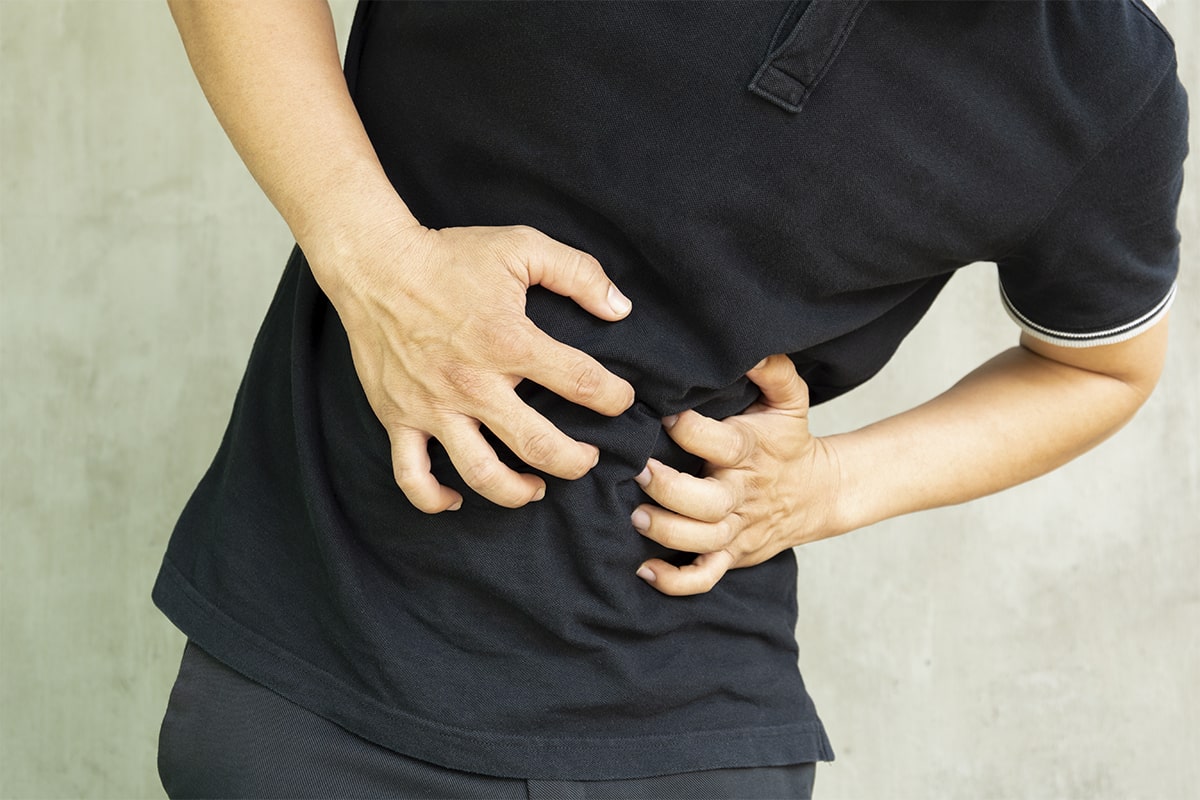
Modern Gastroenterology identifies gastric ulcer as one of the most common and serious diseases of the gastrointestinal tract.
This was reported by URA-Inform with reference to the telegram channel “Blog about health”.
If it was previously believed that peptic ulcer disease occurs mainly in older people, today this disease is found in increasingly younger patients. Doctors note a number of symptoms that require immediate medical intervention.
1. Pain in the epigastric region: the first distress signal
One of the main symptoms of a stomach ulcer is pain localized in the upper abdomen, under the ribs. Patients describe this pain as sharp, burning, or dull, depending on the stage of the disease and individual characteristics of the body. Pain most often occurs 30–60 minutes after eating, as well as at night, disrupting sleep and worsening overall well-being. The pain can radiate to the back or chest, which sometimes leads to misdiagnosis.
2. Dyspepsia: a feeling of heaviness and discomfort after eating
Another characteristic symptom is dyspepsia – a feeling of heaviness, fullness and bloating in the stomach after eating. This condition is often accompanied by nausea, heartburn and indigestion. Patients note that even small portions of food cause a feeling of overeating, which leads to refusal to eat and aggravation of the problem.
3. Change in appetite: from complete refusal to constant feeling of hunger
Loss of appetite is another important signal indicating a peptic ulcer. Some patients experience a sharp decrease in appetite caused by the fear of pain after eating. Others, on the contrary, note a constant feeling of hunger, since small snacks temporarily relieve discomfort.
4. Weight loss: an alarming indicator of health
Loss of appetite and refusal to eat inevitably lead to weight loss. Patients with chronic gastric ulcers can lose up to 10-15% of their weight in a short period of time, which negatively affects the general condition of the body and the functioning of the immune system.
5. Changes in taste and vomiting
Some patients complain of a metallic taste in the mouth, which intensifies after eating or taking certain medications. In severe cases, vomiting develops, sometimes with an admixture of blood, which indicates significant damage to the gastric mucosa and requires immediate medical attention.
Experts have also compiled a top 5 list of rules for preventing cirrhosis.
